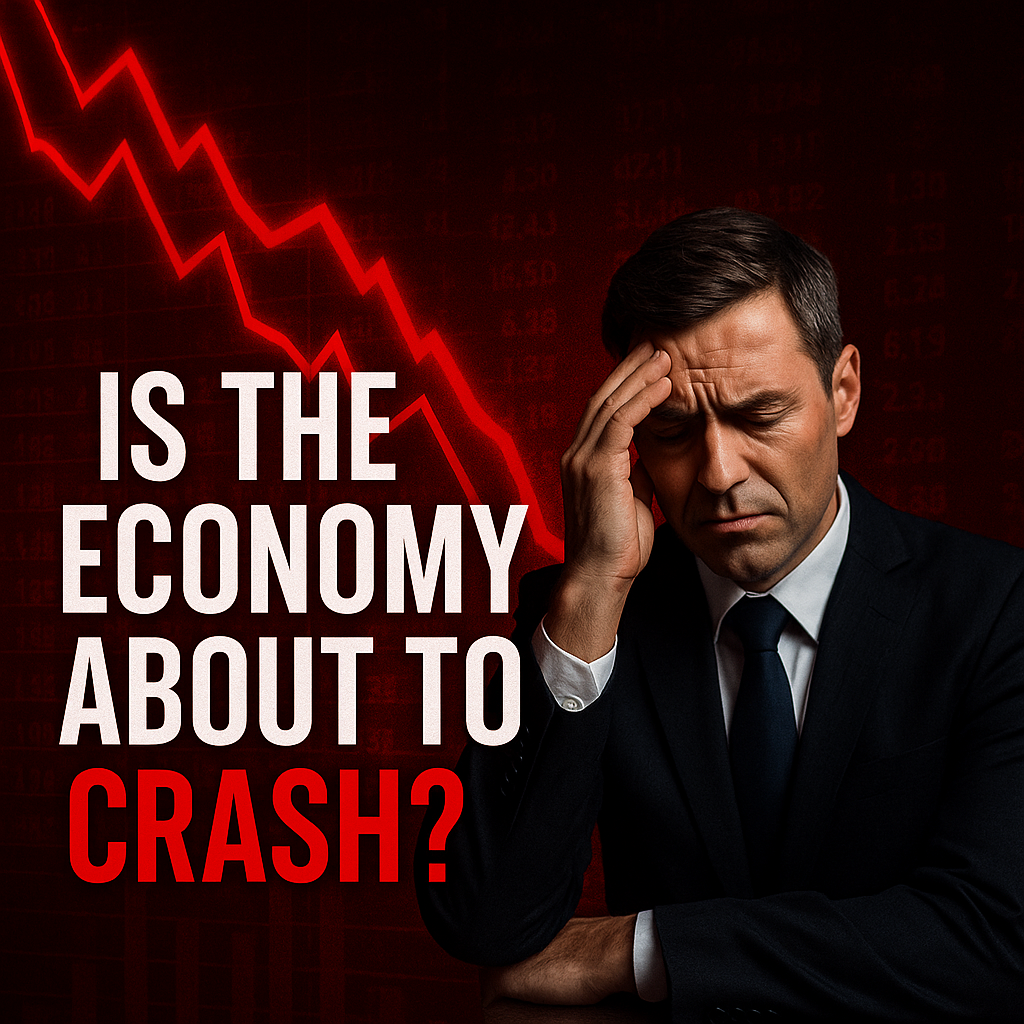Is the Economy About to Crash? What Experts Aren’t Telling You

Every time the stock market dips or a big bank makes headlines, whispers of an economic collapse start circulating. But here’s the truth: economies rarely crash overnight. Instead, they weaken slowly — through inflation, rising debt, job losses, and declining consumer confidence — until one event pushes everything over the edge.
Right now, there are warning signs that have many people nervous:
Rising Interest Rates → Loans, mortgages, and credit card debt are more expensive. Soaring Consumer Debt → Americans are swiping credit cards to survive, not to splurge. Corporate Layoffs → Major companies cutting jobs signals businesses are bracing for tough times. Housing Market Stress → Higher mortgage rates are freezing buyers and trapping sellers.
But here’s what you won’t hear on the news: economies don’t “crash” in the Hollywood sense. They bend, wobble, and often scare people into making bad decisions (like pulling money out of the market too soon). Those who panic usually lose the most.
👉 The real danger isn’t necessarily a crash — it’s how unprepared most people are. Living paycheck-to-paycheck, depending on one income stream, or carrying high debt means even a mild downturn feels catastrophic.
On the flip side, recessions have always created opportunities for those who prepare. The wealthy often get richer in downturns because they buy assets cheap, while everyone else is selling in fear.
⚠️ Bottom line: Whether the economy “crashes” or just stumbles, the people who will suffer the least (and even thrive) are those who:
Keep an emergency fund, Avoid unnecessary debt, Diversify income, And stay calm when the headlines scream panic.
The question isn’t if the economy will slow down — it always does in cycles. The real question is: will you be ready when it does?